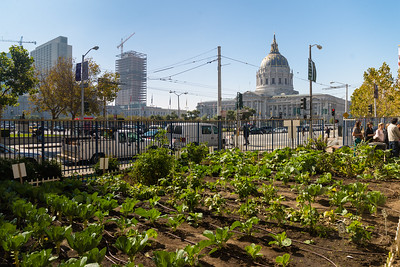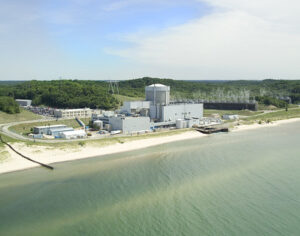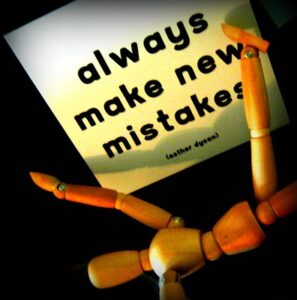Jamie Dimon said something interesting last month at a meeting of the Institute of International Finance, a banking trade group. “World War 3 has already begun.” If you don’t recognize the name, Dimon is the president of JP Morgan Chase, the largest bank in the United States. And if you’re looking for a good wartime investment, Dimon advises buying farmland.
That’s because war tends to devalue cash, but farmland and other forms of capital-producing real estate will just keep chugging along. Dimon is one of those guys that eats his own dog food. In 2023, JP Morgan Chase bought 250,000 acres of woodlands in the southeast United States. He has also advocated for seizing private land for the purpose of constructing solar and wind farms. That’s not Dimon being progressive; instead, he justified the proposal by saying that the clock was running down on the opportunity to avoid the “costliest impacts of global climate change.”
Investing in farmland is interesting advice, especially in Washtenaw County. Lots of communities here have farmland preservation initiatives; others are actively acquiring farmland. What they’re not acquiring, though, is farmers. Farmland’s highest utility comes when it is farmed. There isn’t a lot of sense in preserving farmland if you’re not also going to make farming easier, more profitable or more productive.
A recent extensive study of farms in Wisconsin found that farms that don’t hit the million-dollar mark in annual revenue don’t generate enough income to be self-sustaining. In the case of small “family” farms, farmers typically need to hold a second full-time job to make sure the bills get paid.
Farmland preservation plans should in include preserving farmers, too
I don’t know whether preserving farmland is imperative or not. But what I see is communities in Washtenaw County plunking down money to acquire farmland. The desire to “preserve” farmland isn’t aspirational; we’re actually spending money to do this. And there is a certain opportunity cost to this approach. Typically, when a farmer disposes of farmland in a county like Washtenaw, a developer buys it and builds on it.
You may have noticed that Washtenaw County is seriously short on housing right now. Some estimates suggest that the county could use a few thousand new homes. There needs to be a really solid reason for passing up on the opportunity to build homes here. Simply refraining from developing farmland can’t be the end game, because farmland that isn’t farmed is still farmland that’s lost.
If we – as a county – are going this route, we should also create resources to ensure that someone actually farms our “preserved” farmland. And that future farming operations are more economically sustainable than they are today.
As a Washtenaw Community College Trustee, I am actively advocating for the creation of an agriculture program at the college. Farming is a business, and I believe that farming in the Great Lakes region will become significantly more important to both Michigan and the nation in the coming decades.
Sustainable food production is part of our long-term future, but our proximity to the lakes will require us to practice farming using a much higher standard of care than we use today. Additionally, we need to look at alternatives to traditional food production – like urban agriculture – to provide widely available, high-quality produce reliably year-round in our cities.
It shouldn’t take World War 3 to look for sustainable solutions to the problems we have right now.
Photo Credit: SPUR, via Flickr















